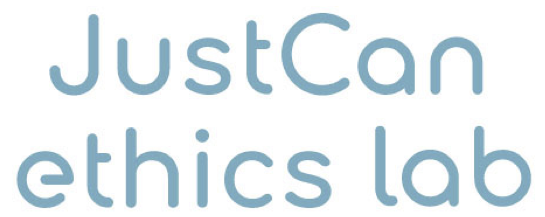
Medical Assistance in Dying (MAiD).
This research will generate timely and important insights to ensure equitable and humane care is provided to those persons inquiring about MAiD and their partners/families, and ultimately improve the manner in which MAiD is provided in Canada.
Current and past research.
Patient Decisional Capacity and MAiD in Neuro-Oncology
Brain cancer, encompassing both primary malignant brain tumors and systemic malignancies metastatic to the brain, is a form of disease that poses a unique threat to patients’ mental capacity. Depending on the location of the cancer, individual lesions or combinations of these lesions may infringe upon aspects of cognition, memory, and executive functions considered central to patient capacity to make healthcare decisions. Consequently, some patients may lose capacity to make decisions about MAiD as a direct result of their disease, thus becoming ineligible to access this intervention. In addition to physical lesions, seizures tend to accompany brain cancer at the end of life and come with a terrifying loss of control for patients. Since control and autonomy are often drivers of MAiD requests, patient motivation for MAiD may be high in this population, while at the same time these patients may face barriers to accessing MAiD due to the nature of their specific disease.
Clinical interpretation of mental capacity is important for determinations of MAiD eligibility, and intersects with ethical issues such as equitable access, power differences, respect for autonomy, fairness, and protection of the vulnerable. Healthcare providers are often the intermediary between patient requests for MAiD and access to this intervention. Therefore, it is important to understand how providers interpret the impact of brain cancer on patient capacity to make end-of-life decisions, including MAiD, since this may influence how providers respond to patient MAiD inquiries.
